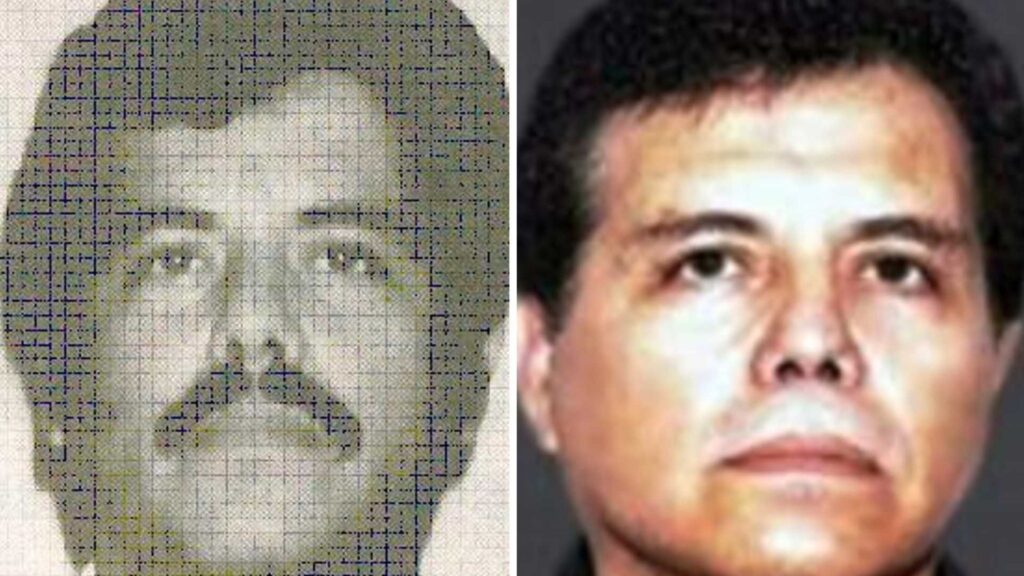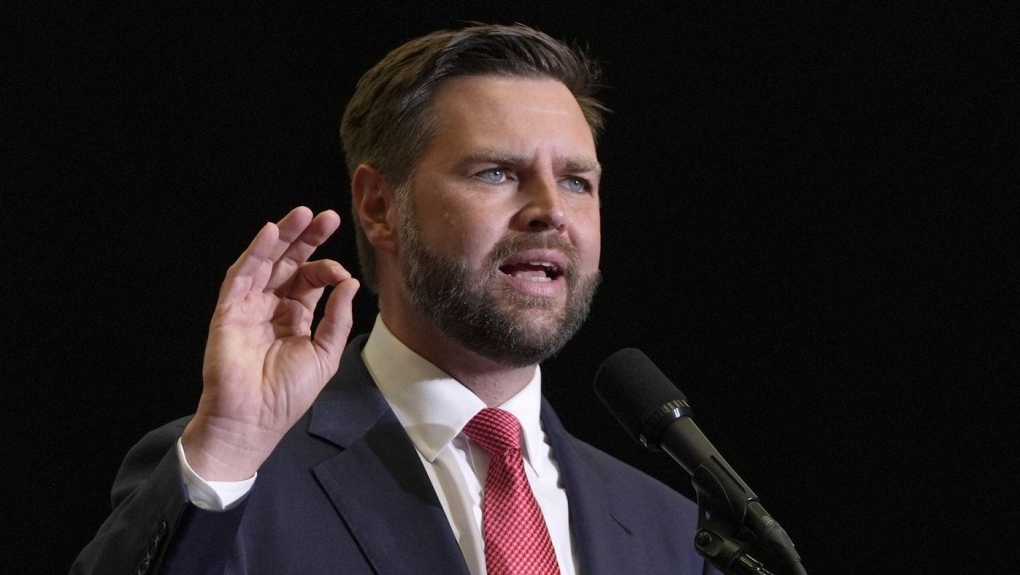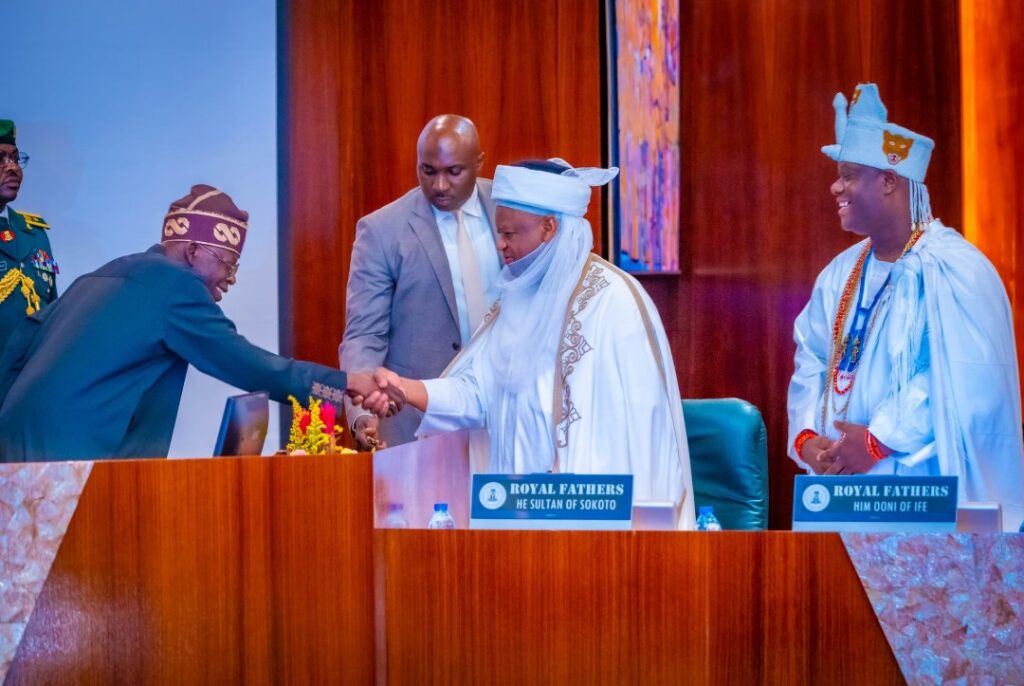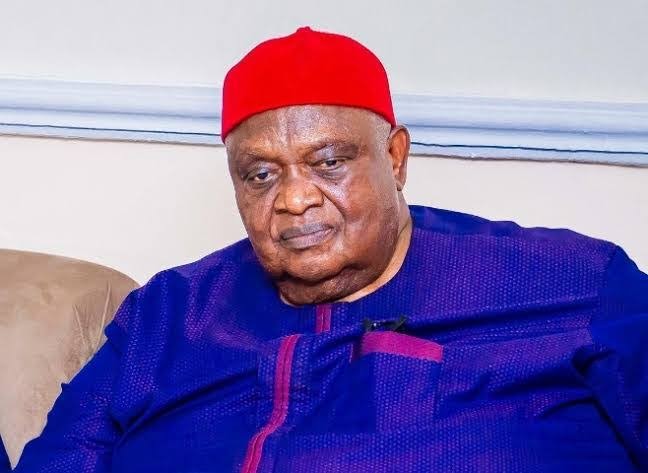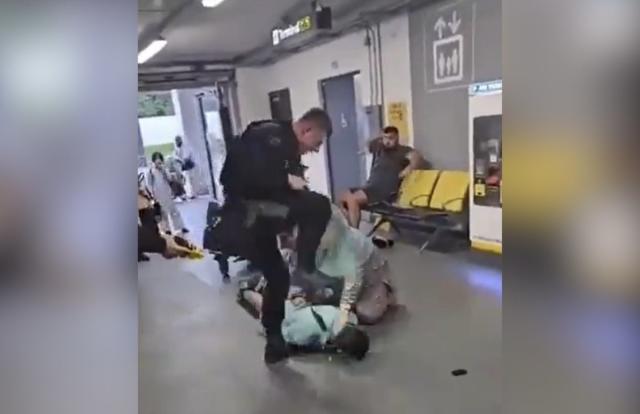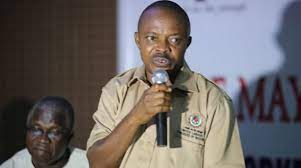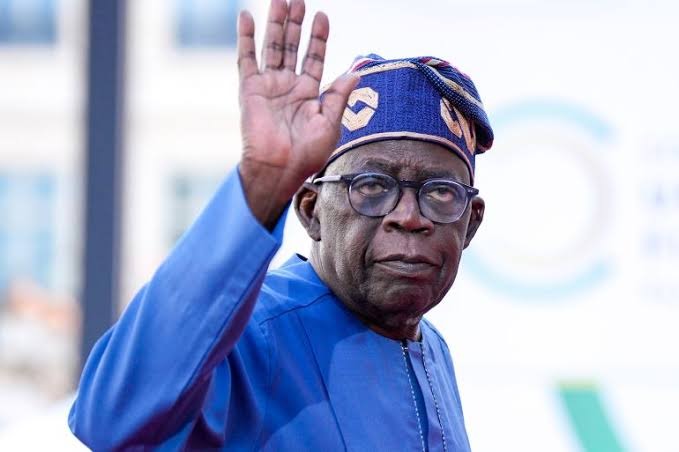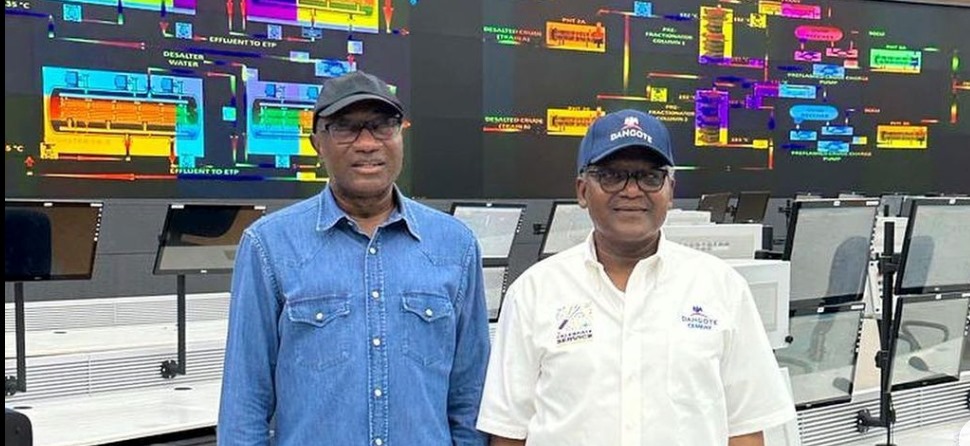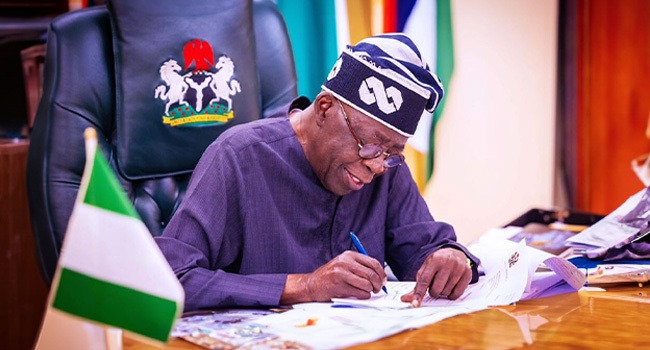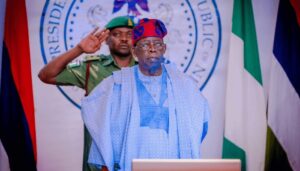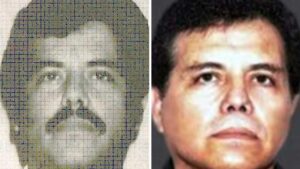On Tuesday, the historic hush money trial of former President Donald Trump resumed with the anticipated testimony of longtime tabloid publisher David Pecker, who is expected to recount his efforts to assist Trump in suppressing unfavorable stories during the 2016 campaign.
Pecker, the former National Enquirer publisher, was involved in what prosecutors call a “catch-and-kill” strategy with Trump and Trump’s attorney, Michael Cohen. This strategy involved purchasing and then burying negative stories about Trump during the campaign. Pecker provided brief testimony on Monday and is scheduled to continue on Tuesday in the Manhattan trial.
Meanwhile, prosecutors plan to argue on Tuesday that Trump should be held in contempt due to posts on his Truth Social platform that allegedly violated an earlier gag order prohibiting him from attacking witnesses in the case. Trump’s legal team refutes these allegations.
The trial began with prosecutors asserting that Trump unlawfully sought to influence the 2016 election by preventing damaging stories about his personal life from emerging. This included approving payments to a pornographic actress who claimed an extramarital encounter with Trump a decade earlier. Trump has consistently denied these allegations.
Prosecutor Matthew Colangelo characterized the scheme as a “planned, long-running conspiracy” designed to sway the 2016 election in Trump’s favor by unlawfully silencing individuals with negative information about him. He labeled it as “election fraud, pure and simple.”
In response, defense attorney Todd Blanche vehemently defended former President Trump, questioning the credibility of the government’s key witness, who was once a close confidant of Trump.
Blanche asserted Trump’s innocence, stating unequivocally that “President Trump did not commit any crimes.” He further criticized the Manhattan district attorney’s office, arguing that the case should never have been pursued.
The defense’s strategy appears to focus on discrediting the testimony of the government’s star witness and challenging the prosecution’s narrative of events surrounding Trump’s alleged involvement in suppressing damaging stories during the 2016 campaign.
Shortly after his criminal trial adjourned for the day, Donald Trump addressed reporters outside the courtroom, asserting that his payments to Michael Cohen were appropriately categorized as legal expenses.
Trump emphasized the challenge of determining proper terminology for financial transactions involving legal fees, stating, “Actually, nobody’s been able to say what you’re supposed to call it.” He characterized the labeling of payments as a small detail and emphasized that it did not convey a comprehensive narrative.
“They marked it down for a legal expense. This is what I got indicted over,” Trump remarked, highlighting the central focus of the trial.
Additionally, Trump sought to discredit his former attorney Michael Cohen, describing him as unreliable and critiquing his legal abilities.
Following his remarks, Trump departed the courthouse in his motorcade.





